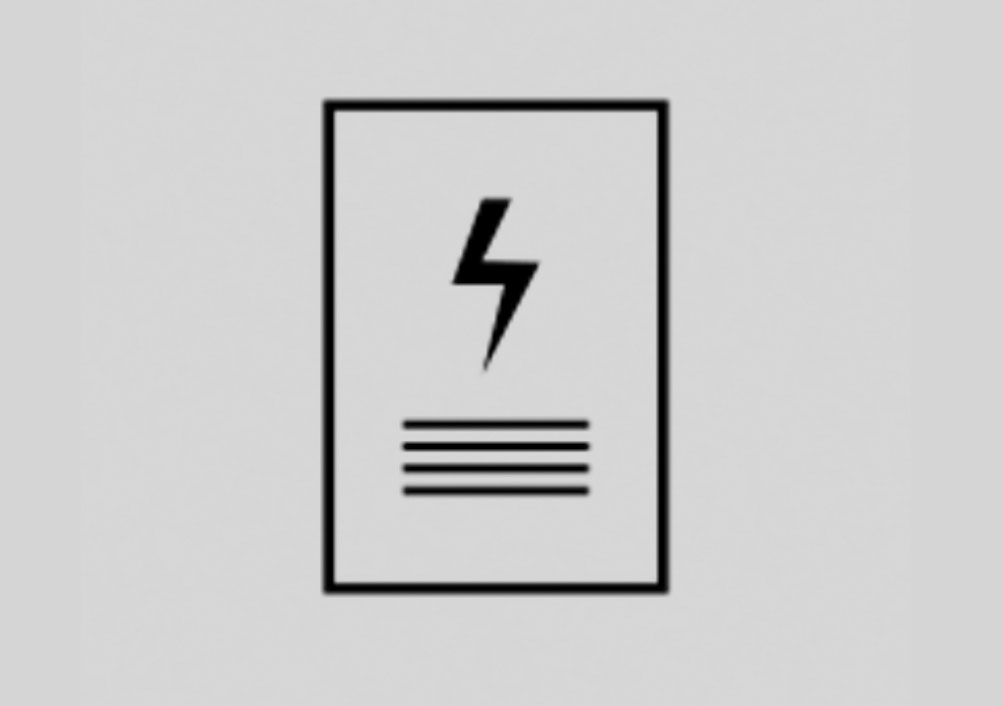Raising of additional demand in form of short assessment notice, on ground that in bills raised,multiply factor was wrongly mentioned, cannot tantamount to deficiency in service:SC

Read Judgment: M/s Prem Cottex vs. Uttar Haryana Bijli Vitran Nigam Ltd. & Ors
Pankaj Bajpai
New Delhi, October 6, 2021: While refusing to interfere with the order of National Commission, the Supreme Court has said that the forum constituted under the Consumer Protection Act, 1986 is entitled to deal with the complaint of a consumer, either in relation to defective goods or in relation to deficiency in services.
A Division Bench of Justice Hemant Gupta and Justice V. Ramasubramanian observed that if a licensee discovers in the course of audit or otherwise that a consumer has been short billed, then licensee is certainly entitled to raise a demand.
However, so long as the consumer does not dispute the correctness of the claim made by the licensee that there was short assessment, it is not open to the consumer to claim that there was any deficiency, added the Bench.
The observation came pursuant to an appeal filed by consumer of electricity (Prem Cottex) challenging an order of National Consumer Disputes Redressal Commission dismissing their consumer complaint on the ground that there was no deficiency in service on the part of the licensee (electricity distribution company – Haryana Bijli Vitran Nigam).
The Division Bench observed that the bar u/s 56(2) of Electricity Act, 2003 actually operates on two distinct rights of the licensee, namely, (i) the right to recover; and (ii) the right to disconnect.
The bar with reference to the enforcement of the right to disconnect, is actually an exception to the law of limitation, wherein, what is extinguished is the remedy and not the right, added the Bench.
At the same time, the Bench also opined that section 56(2) bars not merely the normal remedy of recovery but also bars the remedy of disconnection, and that is why the second part of Section 56(2) is an exception to the law of limitation.
The primary issue which requires consideration, is, as to whether the raising of an additional demand, by itself would tantamount to any deficiency in service, clothing the consumer forum with a power to deal with the dispute, highlighted the Bench.
Referring to Section 2(1)(g) of Consumer Protection Act, 1986, the Top Court said that raising of an additional demand in the form of “short assessment notice”, on the ground that in the bills raised during a particular period of time, the multiply factor was wrongly mentioned, cannot tantamount to deficiency in service.
“In fact, even before going into the question of Section 56(2), the consumer forum is obliged to find out at the threshold whether there was any deficiency in service. It is only then that the recourse taken by the licensee for recovery of the amount, can be put to test in terms of Section 56”, observed the Court.
The Apex Court therefore opined that if the case on hand is tested on the parameter of 56(2), it will be clear that the respondents cannot be held guilty of any deficiency in service and hence dismissal of the complaint by the National Commission is perfectly in order.
What is covered by section 56(1), is the negligence on the part of a person to pay for electricity and not anything else nor any negligence on the part of the licensee. Hence, the negligence on the part of the licensee which led to short billing in the first instance and the rectification of the same after the mistake is detected, is not covered by Section 56(1), added the Court.
Consequently, the Division Bench observed that any claim so made by a licensee after the detection of their mistake, may not fall within the mischief, namely, “no sum due from any consumer under this Section”, appearing in sub-section (2) of Section 56.
Therefore, the Apex Court dismissed the appeal and concluded that if the licensee has not raised any bill, there can be no negligence on the part of the consumer to pay the bill and consequently the period of limitation prescribed u/s 56(2) of Electricity Act will not start running.
Sign up for our weekly newsletter to stay up to date on our product, events featured blog, special offer and all of the exciting things that take place here at Legitquest.




Add a Comment